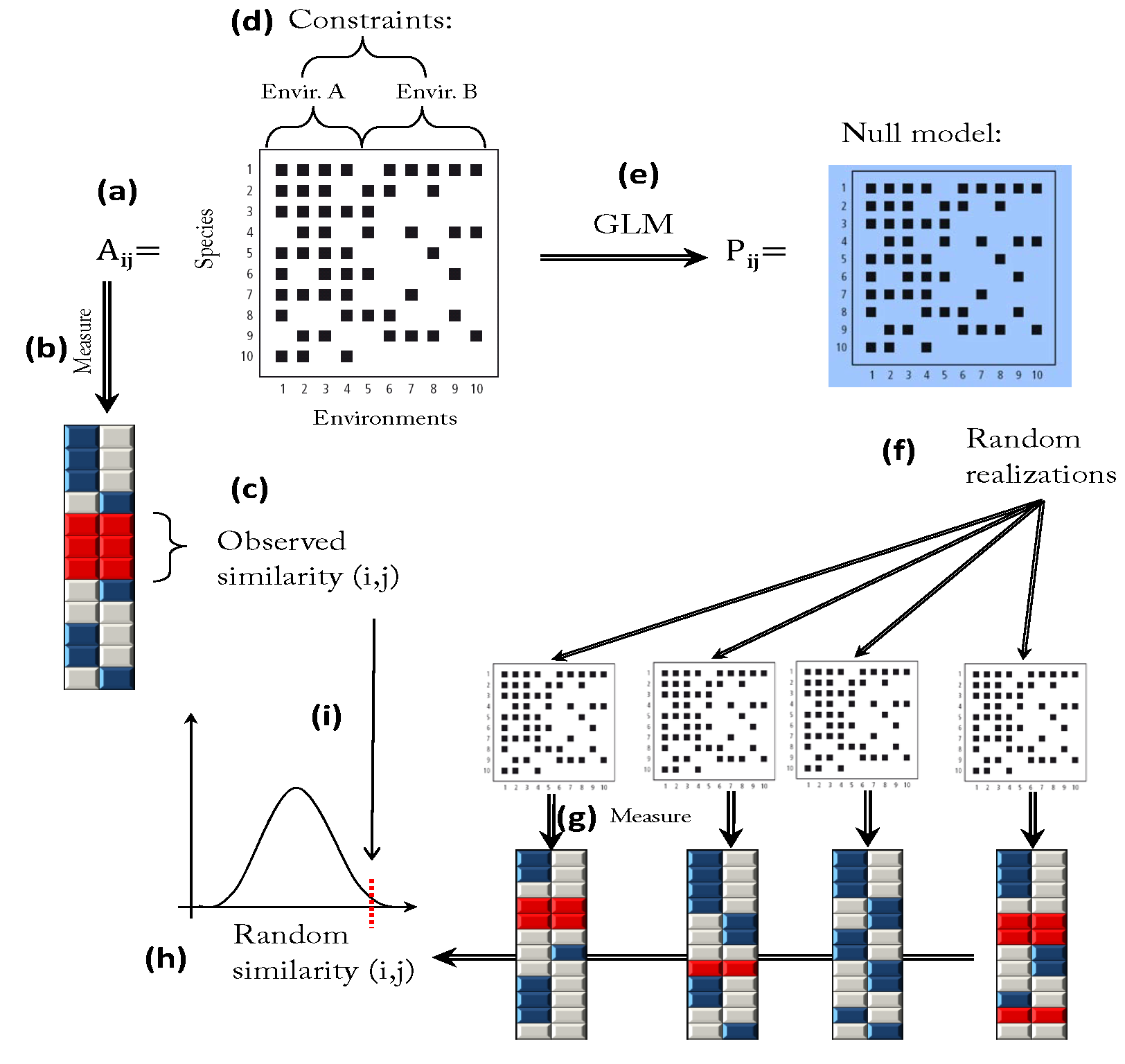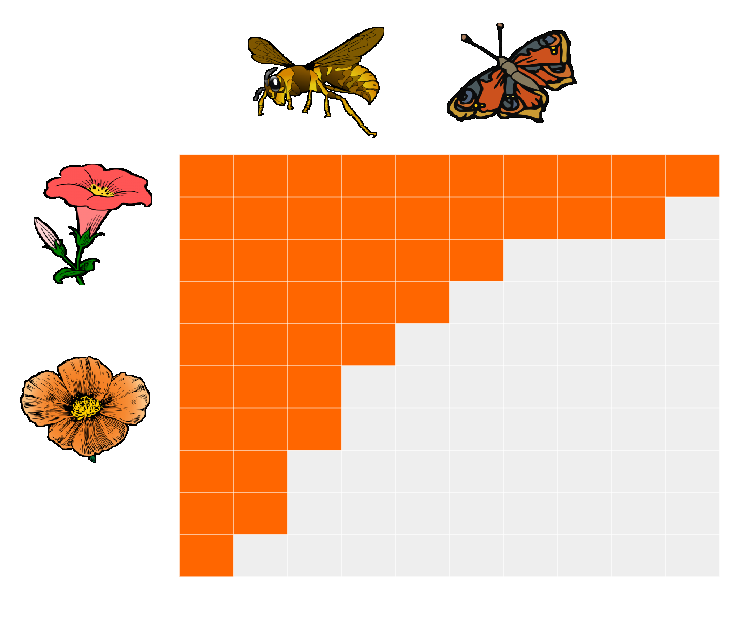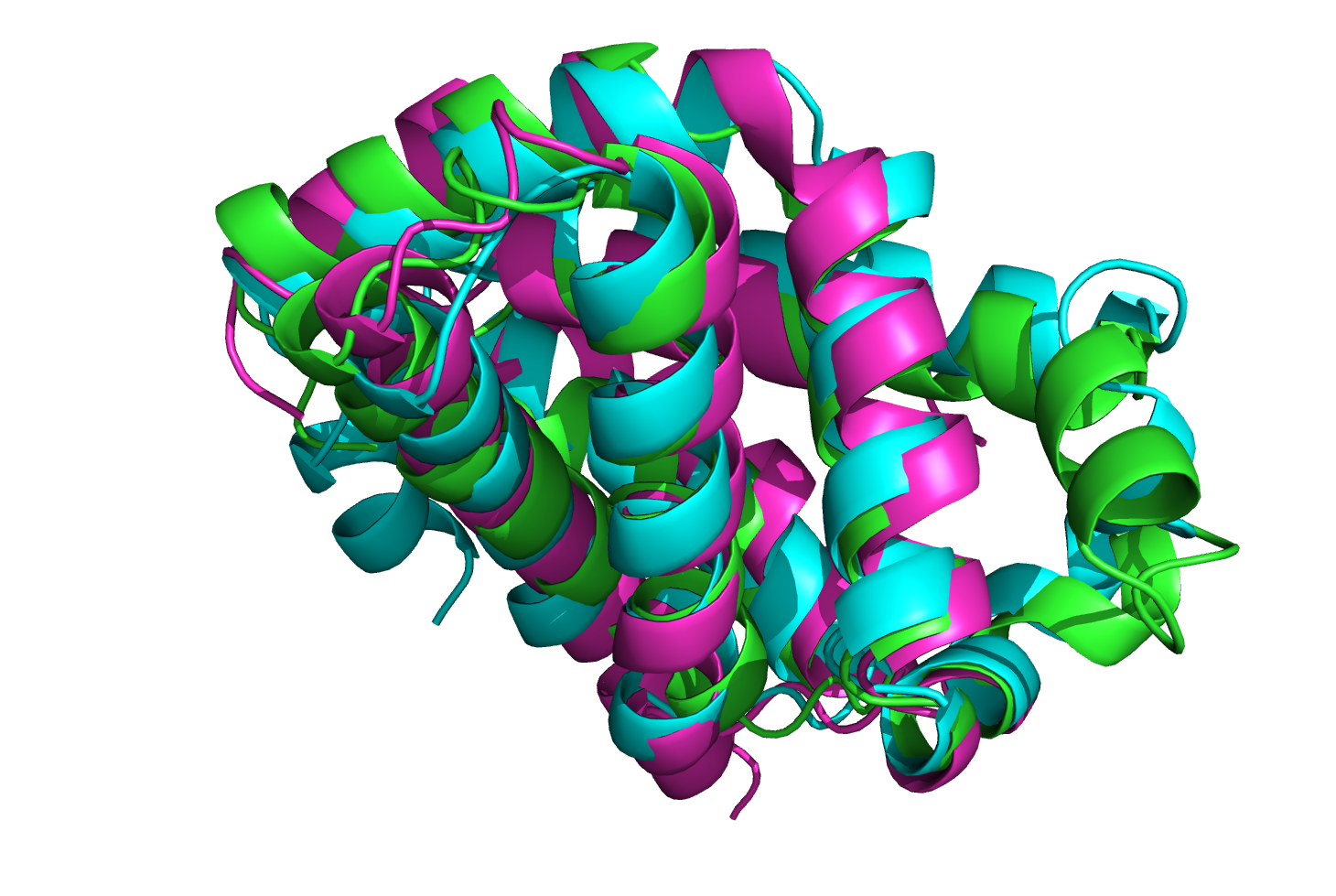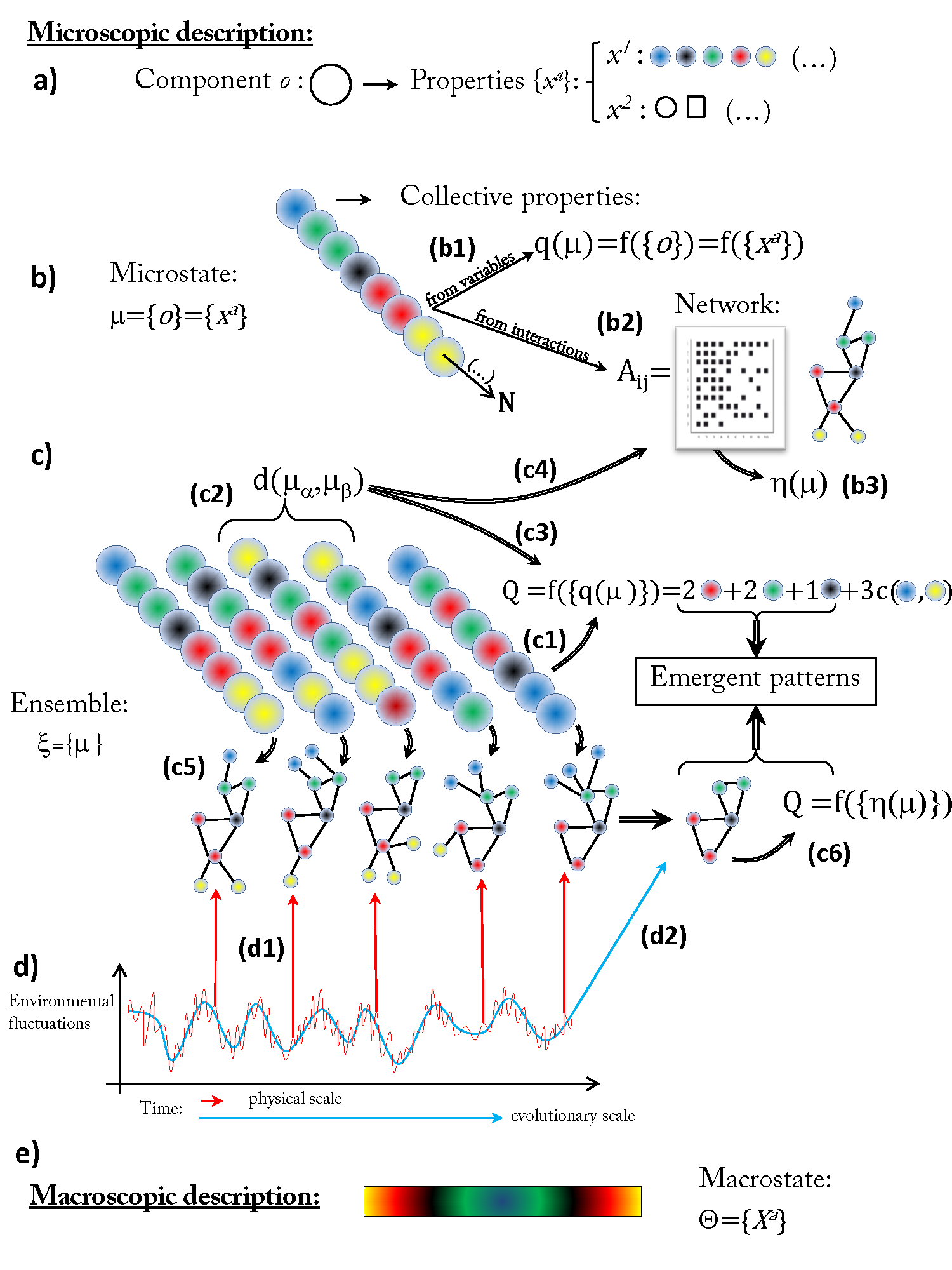When we find a landmark, we don’t just see a pile of stones. We know that it is extremely unlikely to find them in that position, and immediately a meaning emerges. This is a nice metaphor that explains our motivation for biology, because it contains the most intriguing questions about the origin and evolution of life: Why does life seem to flee from high entropy states, why does it spontaneously create and store information, and how can we model the emergent patterns that arise from biological processes?
Microbial Ecology and Evolution
The vast number and ubiquity of microbes makes them vital for a variety of processes, from global carbon balance to antibiotic pathogenesis. However, we are still far from getting a clear picture of the ecological and evolutionary determinants shaping bacterial communities, which is necessary for the control and further development of any potential application. We are interested in the integration of top-down and bottom-up computational methods, combining statistical analysis from natural samples and genome-based models. Our aim is to shed light on the complex relation between bacterial biodiversity and community function, for the development of biotechnological applications.
Theoretical Ecology
The relationship between biodiversity and stability in complex ecosystems has been the subject of a long debate involving intensive theoretical research. We are interested in deciphering the role that different species interactions play in this relationship, with special emphasis on mutualistic interactions. Mutualism has historically been considered detrimental to biodiversity, overemphasising the role of competition. We are challenging this view with a new perspective based on the importance of structural stability.
Molecular Evolution
Protein structures play a fundamental role to understand the complex relationship between protein evolution and protein function. They allow us to incorporate physical principles into evolutionary analysis. Our work aims to understand the effects that different evolutionary events may have in protein structures, through the analysis of the topological properties of the protein structure space and through the relationship between protein structures and protein sequences and their functioning, among other questions.
Complex systems
We are interested in broad questions related to complex biological systems, such as emergent behaviours, community-level functioning or group selection. We address these questions both from the philosophical and the methodological sides. For instance, we developed a novel framework to investigate epistemological questions based on constructive logic, and also contributed computational tools to work with complex networks, an important representation of complex systems widely used in modern reseearch, and present in most of our work.



